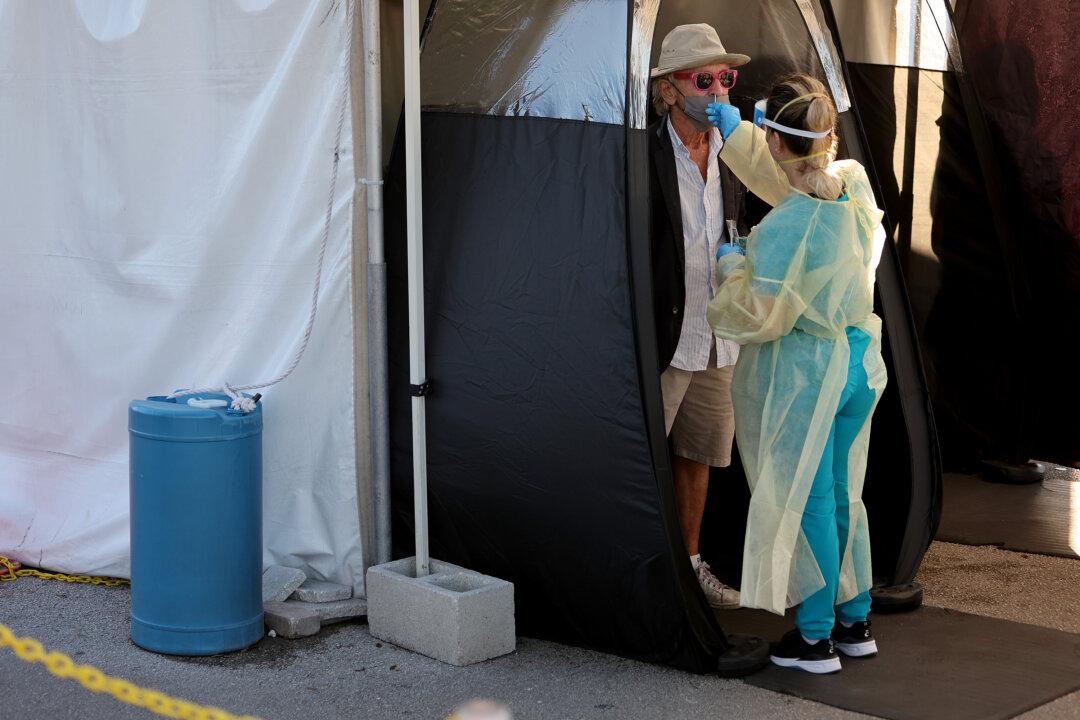The Associated Press (AP), a wire service used by numerous news outlets, told staffers recently to “avoid emphasizing” COVID-19 case counts in stories after the Omicron virus variant began infecting large numbers of vaccinated people.
The AP has written dozens of stories about cases surging in certain areas but has decided to shift its focus due to the rise of the Omicron variant of the CCP (Chinese Communist Party) virus, which causes COVID-19, and the lack of inclusion in case counts among people who test themselves at home, the service said.





